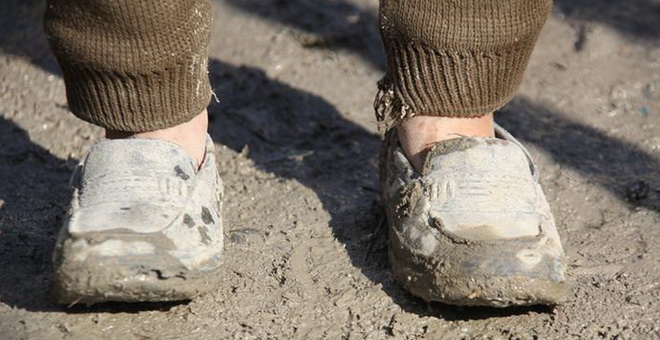Vucic this, Vucic that, Vucic went, Vucic said… Even the biggest critics of the attempt to create some kind of Vucic cult, contribute to this by focusing (almost) solely on what he does and says. Maybe they even made the biggest contribution. Regardless of that “spontaneous” – of course, already thoroughly criticized, and rightly so – rally in front of the Parliament. Perhaps it made some sense at the beginning, but it is time to turn the spotlight on other members of the government. Because they are neither minors nor imbeciles to be abolished from everything they do. Or – don’t do.
This goes primarily for – let’s use the sports jargon to relax this serious subject – the attack trio of Vucic’s team of ministers. I am talking about Kori Udovicki, Dusan Vujovic and Lazar Krstic. It may not be ideal, it may not even be the strongest Serbia could come up with, but according to the expert, internationally relevant references, we haven’t had better players put together in these three positions in a long time. I don’t want to assign positions – who should play a forward and who should play a wing in this trio; actually, let’s stay on the sports field for just a little while longer, according to the modern football rules they will have to change positions: at one moment one of them will pass the ball and another will be an implementer, and then they will switch roles for the next attack.
We shouldn’t even discuss the importance of the minister of finance (Krstic) as keeper of the state coffers key. Vujovic, besides being in charge of the entire economy, was practically appointed as a general manager or at least president of the managing boards of all state-run companies; all of them will be under his control. Finally, Udovicki got a huge piece of (sour) cake – the entire public administration and local government, that usually make reforms bottleneck.
Without much exaggeration we could say that the fate of Serbia lies in the hands of this VUK[1] trio: Vujovic-Udovicki-Krstic, in two ways. First, because they will dictate the content and pace of reforms. Surely, Vucic has “marked” main directions in his exposé – and while the three were involved in selection of these directions, it will be up to them to turn general positions into practical measures and, which will be the most difficult part, to implement them.
The good thing is that none of them isn’t (and wasn’t) member of any party, so they are not bound by (inter)party deals and combinations. This may be a small thing, but in a game such as this – struggle to score a goal, i.e. modern and European Serbia – even the tiniest detail could be of utmost importance.
There will certainly be much more obstacles. Incidentally, though it’s not a minor matter at all, some media and particularly those set as “opinion makers” already marked members of the VUK attack trio as “foreign hirelings”. Paid of course by the West, EU or USA, while there is no mention of Russian hirelings, that is advocates of Russian interests in Serbia, since it’s probably seen as something natural and good.
To return to the main subject – the assumption is that regardless of “tactical plans” by the chief “strategist” Vucic, they were given the freedom to do what they think is the best. Otherwise, I assume again, they wouldn’t accept to be ministers under different conditions. That is another significance of their responsibility for the fate of the country. If they get hindered from implementing their ideas, their program, they will be obliged to inform the public. If they get into a conflict with prime minister that disables them from performing their tasks, they won’t have to just resign or be replaced. It will be their duty to disclose to citizens of Serbia all the details of their proposals, and the reasons as to why their suggestions were not accepted, what they asked for and wanted and prime minister refused. The former minister of economy Sasa Radulovic, regardless of the content of his measures and his political skills to promote them, could be considered a good example of this.
Because, in fact, citizens of Serbia have been voting for Europe and for reforms for years, and the government always betrayed and deceived them in the end.
Translated by Marijana Simic
Peščanik.net, 15.05.2014.
- Vuk is wolf in Serbian. ↑
- Biografija
- Latest Posts
Latest posts by Mijat Lakićević (see all)
- Putinovo „paljenje Rajhstaga“ i Vučićevo pumpanje srpstva - 29/03/2024
- Pretnja mirom: Srbi, Rusi i Kant - 22/03/2024
- Željko Obradović, državni neprijatelj - 23/02/2024



